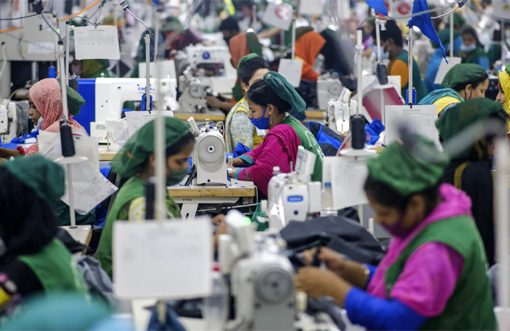Campaigners demand more from forced labour ban

More than 70 civil societies, human rights coalitions, and trade unions have released a joint statement on the European Commission’s proposals to ban products made with forced labour from the single market, according to the media reports.
They broadly welcome the proposals but call for them to go further to help the estimated 17.3 million people in forced labour in the private sector globally and the 3.9 million people in state-imposed forced labour.
The European Commission proposals, which follow similar moves in the US such as the Uyghur Forced Labour Prevention Act (UFLPA), were announced last month and will apply to products made both in and outside of Europe.
The new statement is signed by organizations including the Clean Clothes Campaign, Fashion Roundtable, Labour Behind the Label, Responsible Sourcing Network, Uyghur Human Rights Project and World Uyghur Congress.
It says: “We believe this proposal is an essential step toward building a smart mix of tools to help eliminate forced labour across the world, as per EU commitments. We welcome in particular the wide scope of the proposal, in that it covers all products from all regions and all company sizes, big and small.
“It is essential that the proposal is amended to focus on ensuring that workers receive remediation, and to make sure that both affected and potentially affected workers’ views and interests are taken into account at all stages of the investigation and decision processes.”
It also wants investigators to engage with workers, and their representatives, to enable them to use a potential ban as leverage to improve conditions.
The statement says that companies under investigation must not be allowed to rely on codes of conduct and social audits that have already been proven wholly ineffective in meaningfully addressing forced labour in value chains.
And it says that the proposals are too focused on the specific products and should be amended to enable bans on imports of entire product groups from a facility or region, such as cotton from the Xinjiang region of China where incarcerated Uyghur Muslims are allegedly used as forced labour.
The statement concludes: “We trust that the co-legislators will use this unique opportunity to improve this proposal in order to make it truly impactful for those who suffer daily across the world.





Comment here